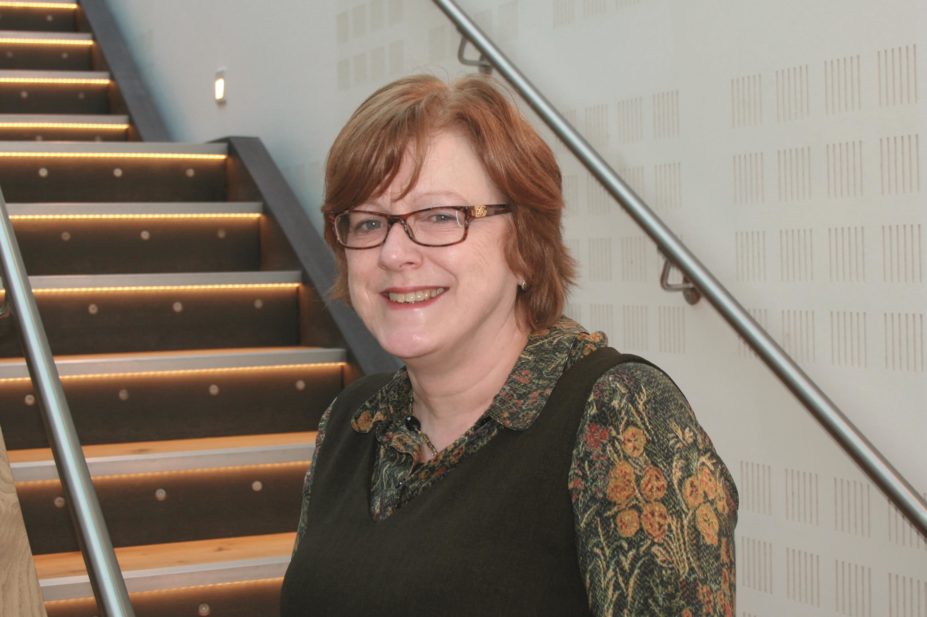
MAG / The Pharmaceutical Journal
The Pharmacy Integration Fund (PhIF) will be used to fund 180 pharmacist and 60 pharmacy technician posts to help improve medicines optimisation in care homes, an NHS England and NHS Improvement refresh plan for 2018–2019 has revealed.
Clinical commissioning groups (CCGs) will be expected to commission medicines optimisation services with support from NHS England Regional Independent Care Sector Programme Management offices.
An announcement on greater involvement of pharmacists with care homes had been expected for some time, and Sandra Gidley, chair of the Royal Pharmaceutical Society English Pharmacy Board, and co-chair of the NHS England Task and Finish group for pharmacists in care homes, described it as “really good news”.
“As co-chair of the care homes Task and Finish group the uncertainty around this going ahead has been unhelpful. But this is exactly the sort of project the PhIF should be used to sponsor”, she said.
“We’ve demonstrated that we can save the NHS £135m a year by putting pharmacists in multidisciplinary teams in care homes so I’m delighted. I would encourage pharmacists to contact their CCG to find out more.”
In addition, the report laid down a commitment to deliver 500 additional GP practice-based pharmacists as a “deliverable” for 2018–2019.
“I’m looking forward to seeing GP practice pharmacists working more closely with community pharmacy to enhance patient care,” said Gidley.
The report, which covered a number of areas of healthcare, from mental health to maternity, also said that reductions on Category M payments will not continue beyond 2017–2018 and that CCGs should assume that the current high level of discretionary prices for generic drugs in short supply will not persist in 2018–2019.
Instead, in 2018–2019 CCGs will receive the remaining period of temporary benefit from changes made to Category M generic drug prices designed to recover excess community pharmacy margin from previous years.
The 31-page report also referred to NHS England’s CCG guidance on ‘Items that should not routinely be prescribed in primary care’, which aimed to reduce the routine prescribing of 18 ineffective and low clinical value medicines, such as homeopathy. The report said it assumed that CCGs would save up to £141m a year.
It mentioned NHS England’s public consultation, due to close on 20 March 2018, on reducing prescribing of over-the-counter medicines for 33 minor, self-limiting conditions, as well as vitamins and probiotics, and said that, depending on the outcome, it was assumed that this could save the NHS up to £136m a year.
The report recommended that CCGs consider how to locally implement guidance on the 18 ineffective and low clinical value medicines and consider the potential impact of any developments concerning over the counter medications following the consultation.
In terms of the progress made in 2017–2018, the report highlighted that 96% of e-prescribing pharmacies now have access to primary care records through either summary care records or local record sharing portals and also that 505 clinical pharmacists had been recruited to GP practices in addition to the 494 already in post.


